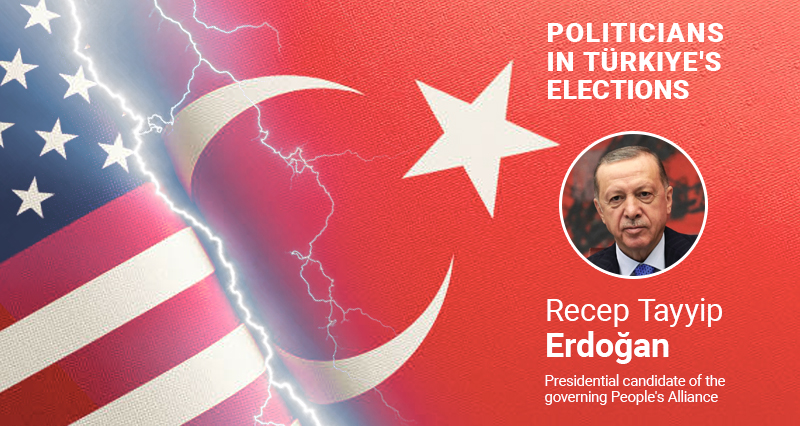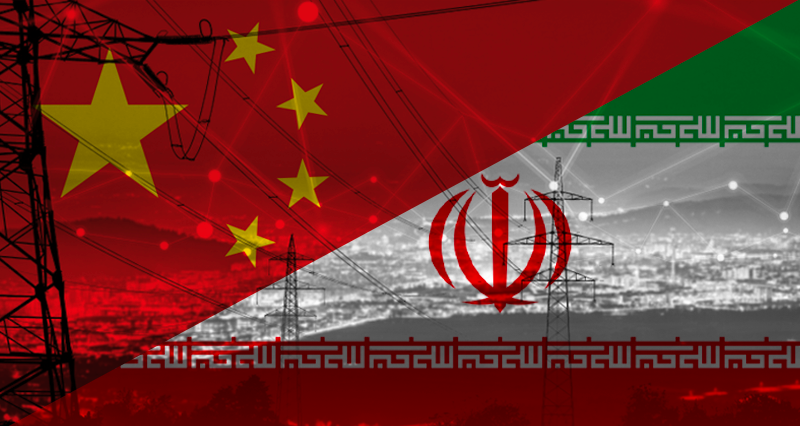The common opinion across the political spectrum is that on May 14 2023, Türkiye will hold the most important election in the history of the 100-year Republic. This is the prevailing opinion in the world too. In a country of 85 million inhabitants, although the exact number has not yet been announced, more than 60 million voters (64 million according to estimates) will decide in the first (May 14) or second round (May 28) the first president in the Republic’s second century and the composition of the parliament.
Two main blocs, the ruling People’s Alliance and the opposition Nation Alliance, will compete for the presidency in the May 14 elections, which neither the government nor the opposition has requested to be postponed despite the earthquakes that shook 11 cities in Türkiye’s southeastern region, causing heavy losses and grief. For the parliamentary elections, 36 political parties will appear on the ballot paper.
Founded in 2018, the People’s Alliance is led by President Recep Tayyip Erdoğan. Although the Justice and Development Party (AKP) headed by Erdoğan ranked first in the 2002 elections, he could not be elected as a member of parliament due to a court decision. But shortly afterwards he was able to overcome the judicial obstacle with the support of the opposition Republican People’s Party (CHP) and the renewal of the elections in the city of Siirt, where he was running as a candidate.
Right bloc of Erdoğan
Having ruled Türkiye for 20 years, Erdoğan’s other allies in the People’s Alliance are the nationalist-conservative Nationalist Movement Party (MHP), the Grand Unity Party (BBP) founded by the Grey Wolves who broke away from the MHP in 1993, and the radical Islamist Free Cause Party (Hüda Par), the political branch of Hezbollah, which has been responsible for numerous murders and assassinations in Türkiye’s recent history. The People’s Alliance can be defined as the Right Bloc in general terms.
Erdoğan in a tight spot
Hüda Par, which joined the Alliance only recently and has very few votes across the country, is said to do more harm than good for the AKP, which will also need the Kemalist-Nationalist votes. The reason behind Erdoğan’s alliance with Hüda Par is that he sets his eyes on even 1% of the votes. The polls show that the AKP is heading towards the most difficult and ‘uncertain’ elections in its 22 years of rule as it grapples with the global pandemic, steadily increasing cost of living and economic crisis and most recently the earthquake. On the other hand, there is still a belief that Recep Tayyip Erdoğan – who has defeated Kemal Kılıçdaroğlu, the leader of the Republican People’s Party (CHP) and the presidential candidate of the Nation Alliance, in every election until local elections in 2019 – ‘would not run for any election that he could lose!’
It is also remarkable that the opposition did not raise any objections to Erdoğan’s candidacy for a third term as president despite the relevant article of the Turkish Constitution and the objections of many constitutional law experts.
‘Global shadow’ haunting the elections
Although he is seemingly opposed by the Nation Alliance composed of Left and Right wing parties, Erdoğan knows very well that it is not only the parties in this Alliance seeking to overthrow him. A ‘global shadow’ is haunting the elections. The remarks of US President Joe Biden back in 2019 – ‘We will defeat Erdoğan through elections, not a military coup, and to do that, we need to support the opposition’- still resonate loudly in Türkiye. Nor can it be argued that Erdoğan has many friends in Europe.
Having proudly declared that he was the co-chair of the US’s Broader Middle East Project (BMEP) in 2009 when he was Prime Minister and arguing that the BMEP was a step forward for peace, economic development, freedom, women’s rights and freedom of education in the Middle East, Erdoğan has long since changed his mind and lost the friendship of the US. Having pursued policies that satisfied the US and Europe in the 2002-2014 period of his rule, but having then moved in line with Türkiye’s national interests in the Eastern Mediterranean, the Aegean, Libya and Azerbaijan, Erdoğan has long been labeled as a ‘totalitarian bad guy’ together with Putin, Xi Jinping and Khamenei in the Western media. In the period after 2014, the two major forces that Erdoğan renounced his alliance with and which were openly supported by the US were the PKK, the separatist terrorist organization, and Fethullah Gülen Terrorist Organization (FETÖ), the global organization led by Fethullah Gülen who has been living in the US, Pennsylvania since 1999.
Erdoğan: ‘Persona non grata‘
The cost of Erdoğan and the AKP’s sharp turn to seeing both organizations as a threat to Türkiye was the bloody coup attempt on July 15, 2016. After the coup attempt -the vast majority of Turkish people believe that the US was behind it- Erdoğan, improved relations with Russia and China, settling the problems with these two countries one by one. He remained neutral in the Russia-Ukraine war and did not side with the Western embargo on Russia. Because of all that, he is well aware that he is now ‘persona non grata’ for the US and Europe.
This shows that the elections are crucial not only for Türkiye but also for the world.

















Leave a Reply